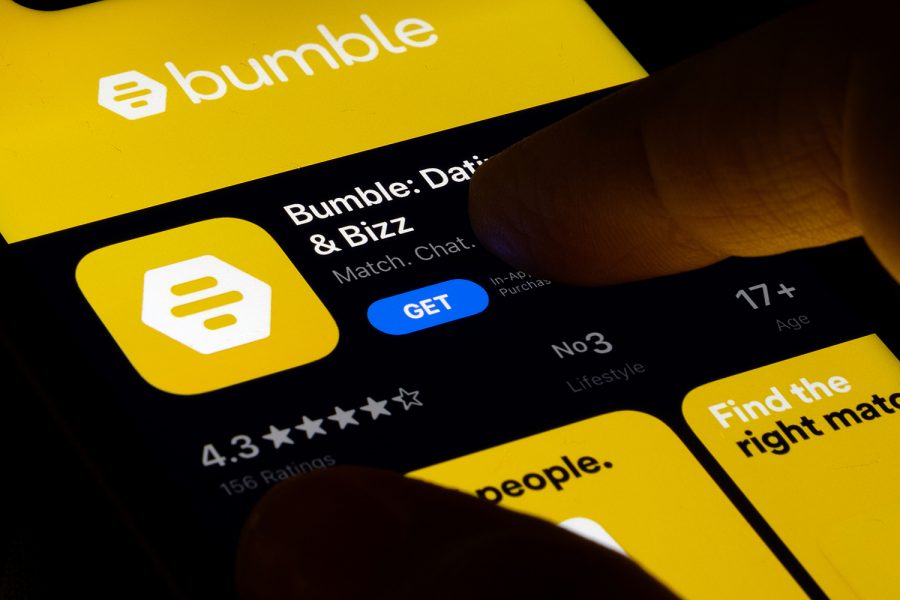As seen in countless movies and TV shows like “Pitch Perfect,” “After,” and the latter episodes of “Normal People,” hookup culture is prominent on college campuses in media.
Hookup culture is based on pressuring college students into believing they must participate in casual sex. To break the cycle, students must become more accepting of those who choose not to participate.
There is no problem with hookups in my mind. I support those who choose to participate in hookup culture. However, when I got to college, I realized there was a lot of pressure and high status to be gained around having casual sex, high body counts, and crazy hookup stories.
To me, this is where the problem resides: When the pressure to participate in hookup culture begins to influence people’s decisions.
The same idea is centered around the pressure to drink and go out every weekend in college. This is especially true for the University of Iowa’s campus, which is ranked 17th on the list of the top 25 party schools in the U.S., according to USA Today.
Just as no one should be forced or pressured into hooking up, no one should feel as if they need to come to college and drink every weekend. Those who wish to not participate should be treated and valued exactly the same as those who choose to participate in the party norm.
According to a 2020 study published by The National Library of Medicine, “Expectations to party and hookup while in college may directly motivate students to hookup so they can get the ‘full college experience,’ and may encourage substance use, which can also motivate hookups.”
No student should feel that to “get the full college experience” they must abide by what other students are doing or feel pressure to participate. “The full college experience” looks different for everyone, and should not be limited to certain behavior and activities.
Social media can also be seen as an outlet of pressure for the hookup culture. Users on social media in particular tend to glorify casual sex and hookups, which amplifies pressure to participate, and in turn, pressure to “fit in” and be “cool.”
According to the National Library of Medicine study, “High degrees of closeness to peer social networks and peer communication about hookups was associated with more sexual hookups.”
There is a pertinent idea that college students are “always” hooking up, or that every student on campus is participating in hookup culture. This misconception, recorded in a 2012 edition of the Journal of Sex & Marital Therapy, makes it more appealing for students, creating the idea that “if everyone is doing and talking about it, I might as well too.” It is the generalized idea that hookup culture is “normal” in collegiate society, which creates a lot of pressure to indulge in the trend.
What I don’t think is understood about the popularity of hookup culture on college campuses, especially in the media, is that it is supporting casual hookups, but invalidating and tearing down relationships or those who decide to not have sex at all.
“Virgin shaming” is a very real thing, especially for men. There is a norm in society that if you aren’t getting laid, you aren’t a “real man.”
In a 2018 study published in the Journal of Men’s Studies, Colby Fleming and Shannon N. Davis discussed how hegemonic masculinity and male status are linked to sex. Fleming and Davis interviewed ten men in this study, with one who stated he felt the pressure to “lose his virginity as fast as possible.”
I want to make clear again that I do not condemn the idea of casual sex. Anyone can do what they truly want, and make their own decisions.
Choosing not to have sex or not be in a relationship should be equally popular and supported. I want those who don’t want to participate in the hookup culture to feel validated enough to say no.
College is a time when we all get to find ourselves; have crazy nights or stay in; possibly hookup with someone, or go home alone. Our decisions are our own, there shouldn’t be pressure on others to simply follow what is popular.



